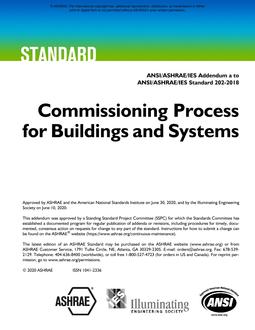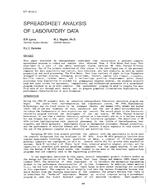An experimental investigation was carried out to determine the feasibility of using liquid foam as an insulation medium between the walls of a greenhouse in a hot, arid climate, where it must act both as an insulator and as a translucent medium to attenuate thermal radiation. The results show that the foam is effective in attenuating radiation. A 25-mm layer was found to transmit only 50% of incident solar radiation. In addition, it was found that the “effective” thermal conductivity is independent of the solute concentration, decreases with an increase in the temperature difference, and increases rapidly with an increase in the mean temperature. The results revealed that a vertical annular liquid foam layer measuring 25mm thick has an “effective” thermal conductivity almost double that of air for a mean temperature of 25degC and a temperature difference of 10degC.
KEYWORDS: year 1995, experiment, heat flow, translucent, foams, thermal insulation, greenhouses, deserts, thermal conductivity, solar radiation, measuring, temperature difference, transmittance, thickness
Citation: ASHRAE Trans. 1995, Vol.101, Part 1, Paper number 3846, 150-157, 7 figs., 4 tabs., refs.
Product Details
- Published:
- 1995
- File Size:
- 1 file , 720 KB
- Product Code(s):
- D-16697


